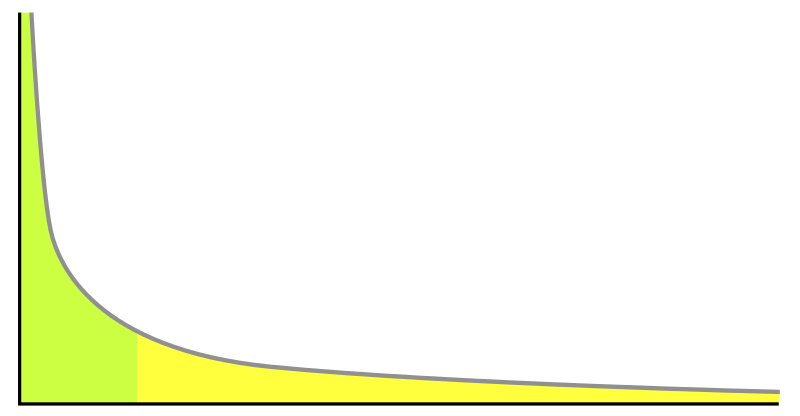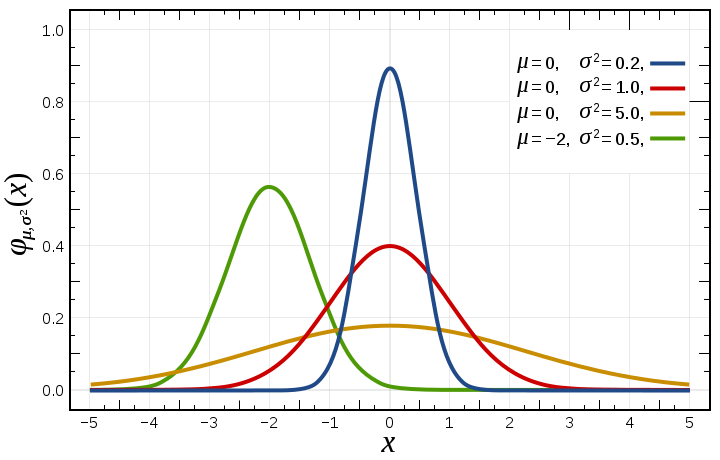For at least as long as I've been working in data analytics, the clamoring from the datarati for Dashboards! Dashboards! Dashboards! has consistently risen year over year in pitch and volume. Spotfire and Tableau produce two really popular products, and my company has at least three different "dashboard-style" plugins. This week I also discovered Kibana, which frankly looks really awesome, because it's free and dead-easy to set up if you already have ElasticSearch (and ES is also dead-easy to set up; however, as I discovered the hard way, beware of multiple people screwing around with ElasticSearch prototyping on the same subnet, as the out-of-the-box configuration will make everybody's ElasticSearch node automagically join into one cluster transparently, with obviously undesirable results. Data integration!)
The most common thing I hear about dashboards is that people want them to "spot trends". And, as far as I can tell: No, you don't. Not really. One golden truth I have learned from working in data analytics is this: If you cannot pose a concrete question that you would like to answer or a concrete problem that you would like to solve, then you're wasting your money. Dashboards do neither of these things, at least not in the way most people use them, which is often as command center props. The process of formulating a question in a way that can be answered using data is not simple, and hence visualizing data in ways that is essentially static will not answer meaningful questions. And by "static" I don't mean "has no temporal aspect". Charts that show values over time are still static if the things being plotted cannot be changed easily and intuitively. And, if you spend a lot of time changing the visualizations and exploring different hypotheses, then you're not using a "dashboard"; think about it: a car dashboard is a thing you look at to get an immediate read on something, like your speed or fuel level. How often do you switch your speed readout from MPH to KPH? So, if that's you: congrats! You're a data scientist! You should stop thinking about dashboards and start thinking about a real, scalable data analysis platform.
The most common thing I hear about dashboards is that people want them to "spot trends". And, as far as I can tell: No, you don't. Not really. One golden truth I have learned from working in data analytics is this: If you cannot pose a concrete question that you would like to answer or a concrete problem that you would like to solve, then you're wasting your money. Dashboards do neither of these things, at least not in the way most people use them, which is often as command center props. The process of formulating a question in a way that can be answered using data is not simple, and hence visualizing data in ways that is essentially static will not answer meaningful questions. And by "static" I don't mean "has no temporal aspect". Charts that show values over time are still static if the things being plotted cannot be changed easily and intuitively. And, if you spend a lot of time changing the visualizations and exploring different hypotheses, then you're not using a "dashboard"; think about it: a car dashboard is a thing you look at to get an immediate read on something, like your speed or fuel level. How often do you switch your speed readout from MPH to KPH? So, if that's you: congrats! You're a data scientist! You should stop thinking about dashboards and start thinking about a real, scalable data analysis platform.


